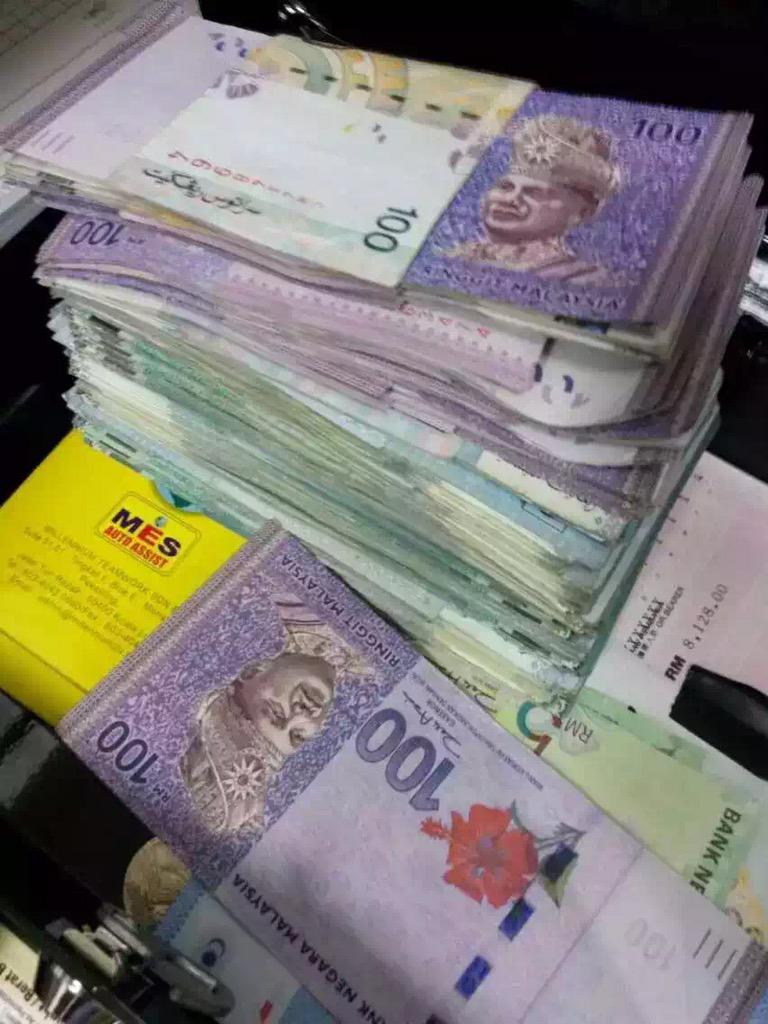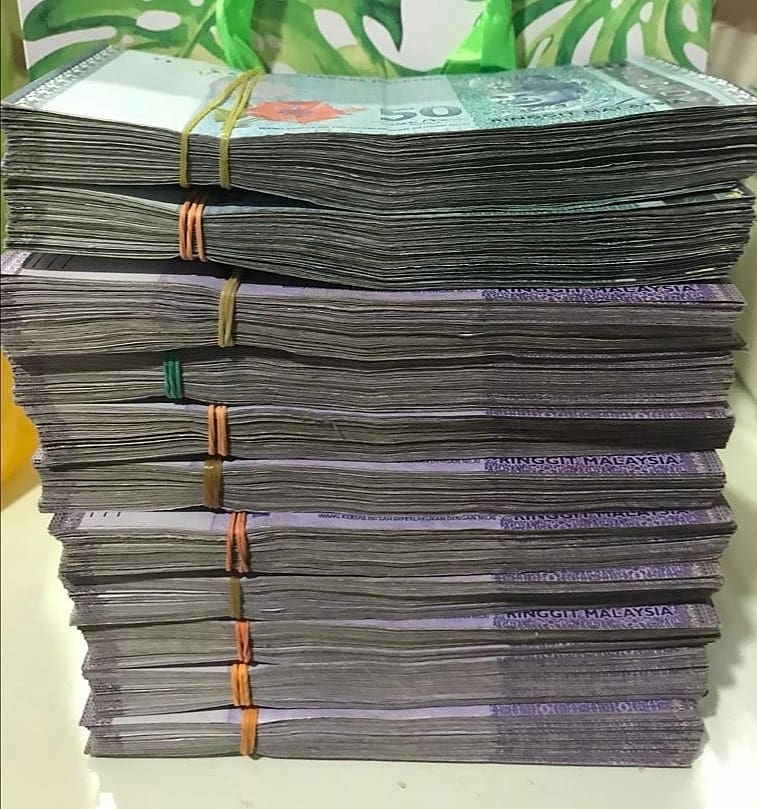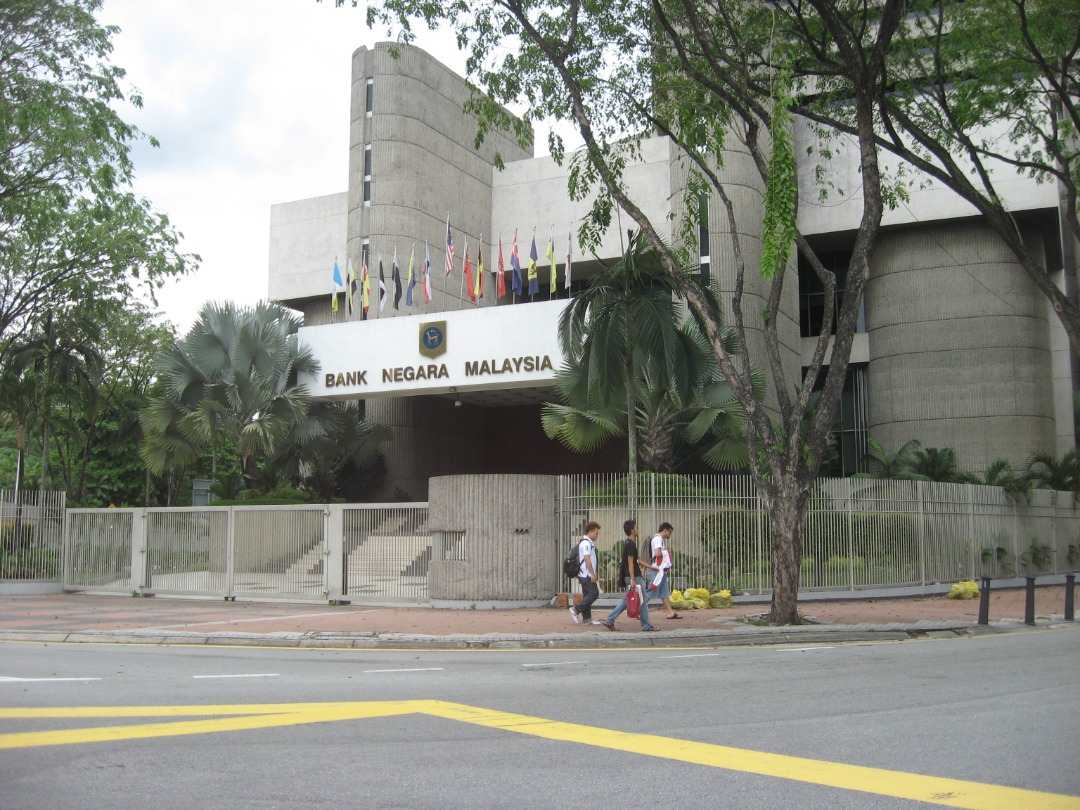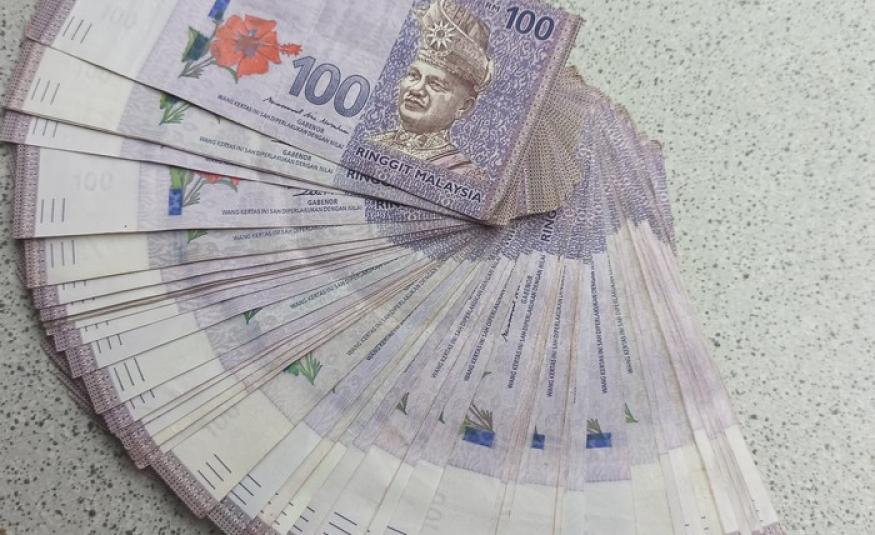KUALA LUMPUR Sept 14 - Many Malaysians would be all too aware right now on the ringgit's volatility. News and social media reports on all fronts have highlighted the ringgit's fall to 4.50 to the dollar which is it's lowest in 24 months.
But analysts said it is too early to discount the ringgit as the money markets are totally volatile and it is actually a case of the US dollar strengtgening rather than the ringgit weakening.
Finance Minister Tengku Datuk Seri Zafrul Aziz was also rapped by the opposition yesterday for making light of the ringgit's purported weakness.
But is this true? Would the ringgit's continuous slide be it's death knell?
Or is the ringgit's slide a temporary thing and it may rebound after the general elections?
The ringgit has actually strengthened
The Malaysian ringgit Nominal Effective Exchange Rate which is a basket of currencies monitored by Bank Negara Malaysia has been quite stable since 2018.
"Therefore, one should not be fixated to one currency as the ringgit has also gained in step with other currencies such Japanese yen, euro, korean won China's yuan on a year-to-date basis" an economist told DagangNews.com.
Thus Malaysians should not be unduly worried.
The ringgit's strength mirrors the economy?
Sometimes the economic health of a country can be measured by the strength of the currency.
Thus the situation afflicting the ringgit may be correlated with the country's economy.
If the economy of a country is not in the pink of health, thus it's currency will be soft too.

But in the case of Malaysia, the ringgit is perceived as weak while at the same time, it's gross domestic product is robust.
Hence, the assumption that the growth of a currency of a country is in step with the economy of a country is sometimes not necessarily true.
A boon to the exporters
With the depreciation of the ringgit, it will be a boon time for manufacturers as they earn more ringgit.
However, it will be more expensive for companies to train their staff overseas as everything will be dwnominated in the greenback.
Thus a strong ringgit could be a boon for companies as well as a bane at the same time.
Tough times for overseas students
Generally, the ringgit's weakness does not adversely impact the rakyat.
However, it does give an impact on parents who have children studying overseas such as in the UK.
With the weakening of the ringgit, parents have to fork out more ringgit to pay for lodging and tuition fees which are all denominated in foreign currencies.
And so the pinch begins.

Is pegging an option?
During the regional crisis of 1997, the ringgit was severely under attack by currency manipulators.
Former prime minister Tun Dr Mahathir Mohamas had said it was due to market speculator George Soros.
Since the ringgit was extremely volatile at the time, skyrocketing at ridiculous levels and crashing the next, a mechanism called pegging was imposed.
At the time, the ringgit was pegged at RM3.80 to the dollar.
By pegging the ringgit, the currency will no longer be volatile providing a sense of stability to the country which was a relief for the business communities.
However, some investors do not like the pegging baying for the ringgit to be on "a free float" in the market.
This is the dilemma faced by Prime Minister Datuk Seri Sabri Ismail on calls by various quarters to peg the ringgit.
By pegging, the ringgit will not slide below the RM4.50 level.
But if it is carried out, the global financial community may shun Malaysia. Which will it be?
A case of the strengthening ringgit
Sometimes, critics must not be too quick to shoot from the hip.
In some instances, it is not the ringgit which has weakened but on the contrary, it has stayed pat while other currencies are strengthening.
Such is the case right now, of which the ringgit continues to stay at current levels while the US dollar continues to solidify.
Thus the perception that the ringgit is sliding is not always necessary true.

Bank Negara will always protect the ringgit
Bank Negara Malaysia is the custodian and watchdog of the country's banking sector and will always be there to monitor the ringgit like a hawk.
Associate Professor Dr Ahmed Razman Abdul Latiff said whenever the ringgit is under attack, the central bank may want to intervene to stanch it's slide.
Social media was abuzzz last week when a message claimed that the central bank spent US$10 billion of it's cash reserves in three days to stabilise the ringgit.
Between 30 August and 15 August, the cash reserves had declined by US$2.7 billion to a total of some US$100 billion.
"That’s the data that we have from BNM. Beyond that, its either fake news or inside information.
Having said that, the BNM has been prudent in managing their reserve as exchanga rates are not their policy instrument.
They might intervene, but only to stablise the ringgit and not to dictate the ringgit to a specific level," an economist who declined to be identified told DagangNews.com.
So the rakyat and the business community should not be worried as Bank Negara is always on it's toes to safeguard the ringgit.

What does it mean for the rakyat?
The rakyat might be oblivious to the ringgit's movement, of which it may not even affect them.
However, safeguarding the ringgit is important because if nothing is done, the ringgit could be worthless and Malaysia could descend to become a banana republic.
Thus the authorities must do all it can to protect the ringgit. - DagangNews.com









